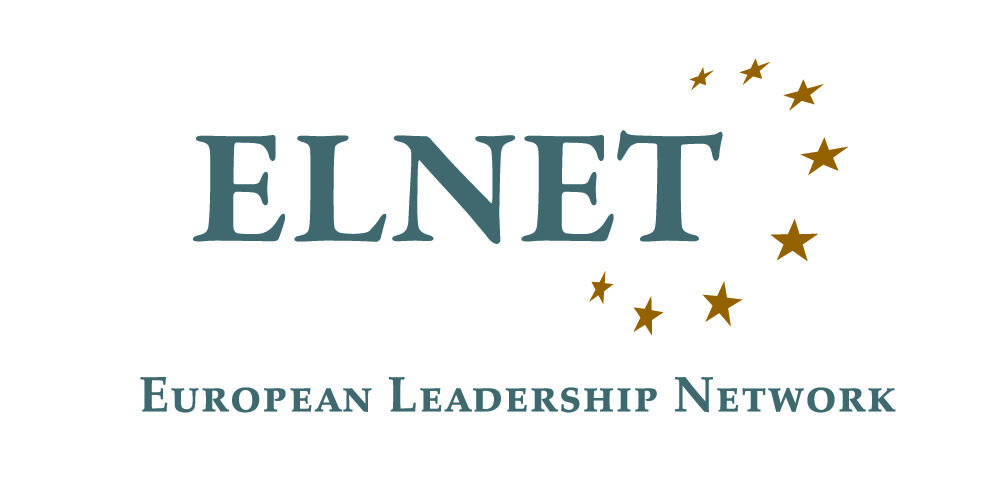In June 2024, Russia and the Islamic Republic of Iran (IRI) signed a memorandum for the daily export of 300 million cubic meters of Russian gas to Iran. Russia will build the supply line with Iran. According to the 30-year agreement, Iran will resell any surplus gas imported from Russia to Iraq.
Currently, Iran produces approximately 642 million cubic meters of gas per day. The supply of additional gas from Russia would indicate a 46% increase in the daily provision of gas to Iranian private and commercial consumers. Despite having the world’s second largest gas reserves, Iran is facing major gas production shortages, so much so that it increasingly cannot meet its own local energy demands.
This latest memorandum agreement follows another $40 billion memorandum of understanding signed between Iran and Russia in July 2022. Consequently, the Russian company Gazprom will help the National Iranian Oil Company (NIOC) to develop six oil fields. This will be in addition to providing NIOC with assistance to complete Liquefied Natural Gas (LNG) projects and pipelines for the export of Iranian gas.
Because of both projects, the IRI, more than ever, will become dependent on Russia. Such dependency will significantly increase Russia’s influence on the IRI, especially on its foreign policy decision-making.
Implications for the EU and Israel
The IRI’s unprecedented dependency on Russia, brought about by the recent energy deals, will have negative consequences on the security of the EU and Israel.
First, it will be more difficult for the IRI to turn down Russian requests for more advanced weapons. Indeed, there are already voices in national media that are critical of Iranian support for Russia’s war in Ukraine. As the Iranian regime’s decision has subjected the Iranian economy and public to even more international isolation, many Iranians show their opposition to the regime’s support for Russia, when given the opportunity, by publicly supporting Ukraine.
Despite such opposition from inside Iran, the IRI will now be under bigger pressure to agree to Putin’s wishes for the supply of more sophisticated weapons. Otherwise, Russia, which is the only foreign country that is willing to invest in Iran’s energy sector, may withdraw its investments and support. This could have grave consequences for Iran’s economy. The IRI’s economy is heavily reliant on its energy sector, both as a source of domestic energy production and foreign export revenues. This summer, Iran is experiencing an electricity production crisis, as illustrated by the 20-Gigawatt deficit in electricity production. Despite the sweltering heat of Tehran and other major cities, Iranians suffer from repeated power cuts. This creates tremendous anger and causes damage to Iran’s key industries, such as steel production.
Read the rest of the article below:
Powered By EmbedPress

Dr. Meir Javedanfar
Dr. Meir Javedanfar is an Israeli-Iranian Middle East analyst, lecturer and commentator specializing in Iranian affairs. He is the co-author of "The Nuclear Sphinx of Tehran", which has been published in four languages, and frequently provides expert commentary on Middle Eastern politics, particularly focusing on Iran's political dynamics, nuclear program, and regional influence. Dr. Javedanfar holds a Ph.D. in Middle Eastern Studies from the University of Tel Aviv and is a senior lecturer at Reichman University in Herzliya, Israel.

